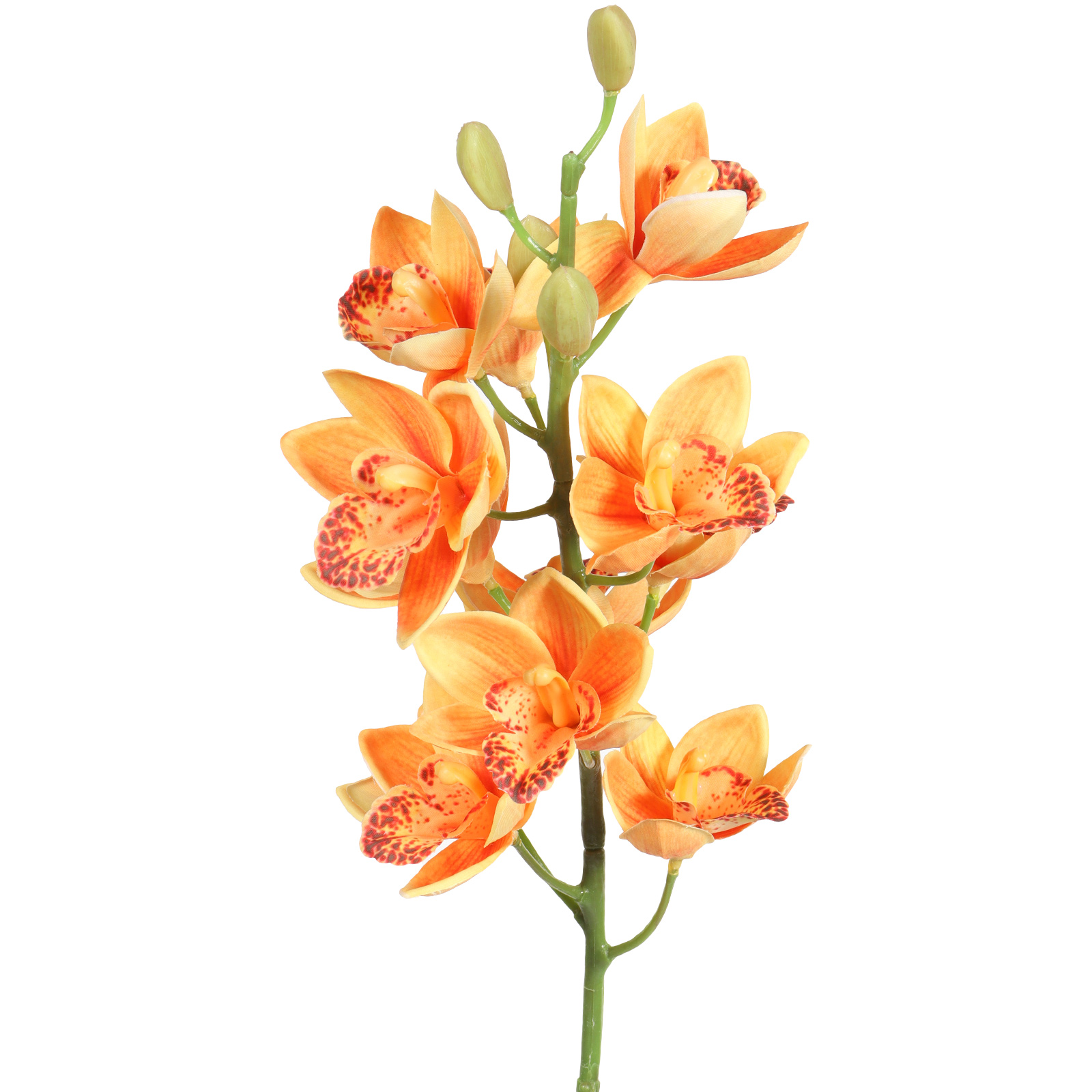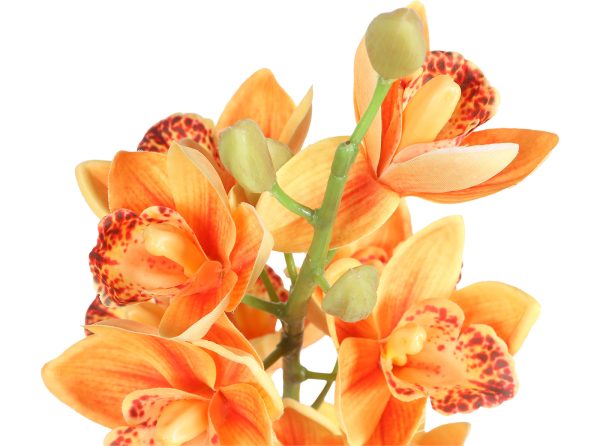The market for artificial orchids in bulk has seen a significant surge, driven by their aesthetic appeal and low maintenance requirements. As businesses increasingly turn to these lifelike floral alternatives, understanding the legal regulations surrounding them becomes paramount. This article will delve into the characteristics of artificial orchids in bulk from a legal perspective, particularly focusing on import/export regulations.
Understanding Artificial Orchids in Bulk: A Legal Overview
Artificial orchids in bulk are not just decorative items; they come with specific legal attributes that govern their trade. These products often fall under various classifications depending on material composition and intended use. Import/export regulations play a crucial role here, as compliance ensures smooth international transactions while adhering to safety standards and environmental considerations. Businesses must navigate through customs documentation and tariffs associated with these goods to avoid potential penalties.
Diving Deeper: Realistic Artificial Ficus Trees and Their Import/Export Regulations
When we consider realistic artificial ficus trees alongside artificial orchids in bulk, it’s essential to recognize how similar regulatory frameworks apply. Both product categories typically require adherence to guidelines set forth by organizations such as CITES (Convention on International Trade in Endangered Species) if any natural materials are involved or if they mimic endangered species closely. Additionally, accurate labeling is vital during shipping processes to ensure compliance with both local laws and international agreements.
A Closer Look at TrustFloral’s Compliance with Import/Export Regulations
TrustFloral stands out as an exemplary case when discussing import/export regulations related to artificial flowers like orchids and ficus trees. The company prioritizes transparency throughout its supply chain by ensuring all products meet stringent quality control measures mandated by law. Furthermore, TrustFloral actively engages with customs authorities to streamline clearance processes while maintaining rigorous adherence to environmental sustainability practices—an aspect increasingly scrutinized within global trade frameworks.
Conclusion: Navigating the Regulatory Terrain of Artificial Orchids in Bulk

In summary, navigating the landscape of import/export regulations concerning artificial orchids in bulk requires diligence and awareness of applicable laws governing this sector. From understanding classification criteria based on material properties to recognizing compliance obligations exemplified by companies like TrustFloral, it’s clear that staying informed is key for businesses aiming for success within this flourishing market.



